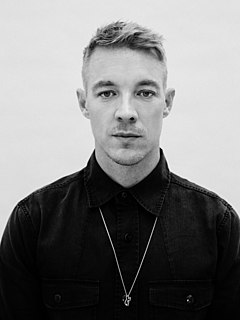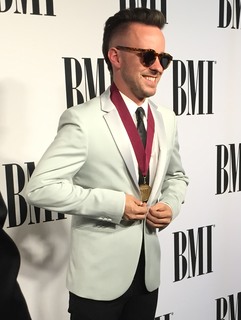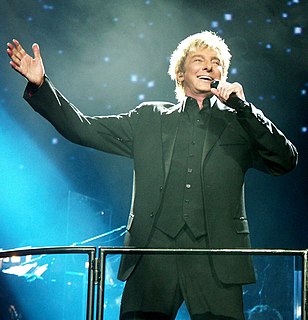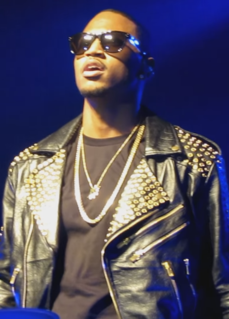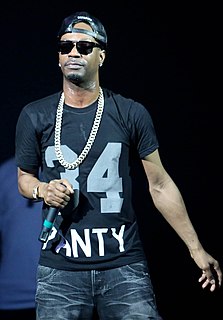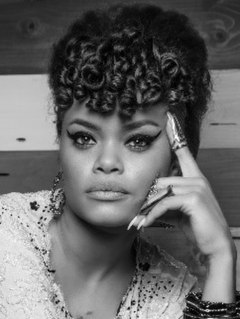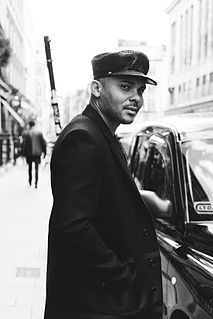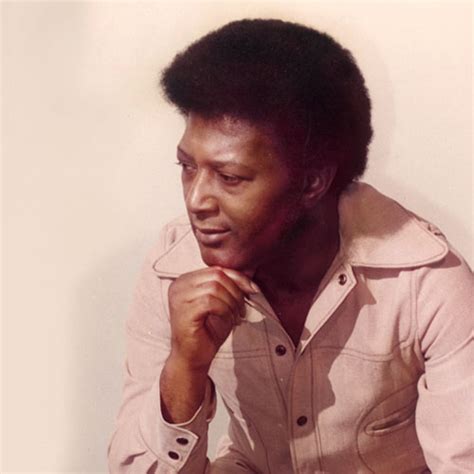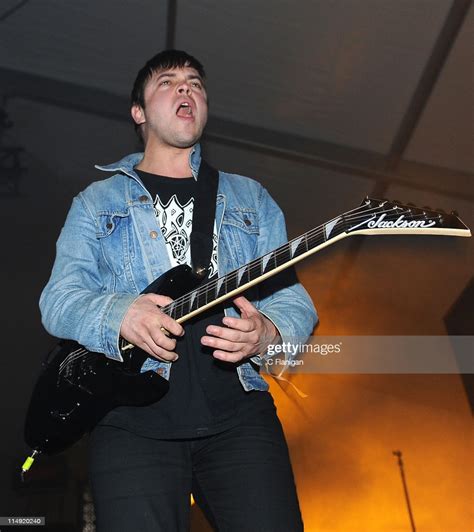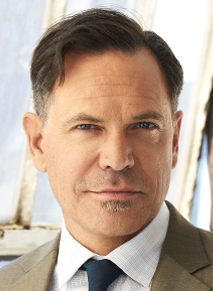A Quote by Mika
Related Quotes
I know whites buy more records than blacks. So, I wanted to be able to make the most money that I could. Pop is for both whites and blacks, but if I just stuck to rhythm and blues, it's mostly for blacks. I didn't want to do that. So like I said, I wanted to get the most out of it that I could, so I thought that pop was the way to go.
I want my records to be the most magnificent and glorious-sounding records, but also want them to be the most intense and fragile. And I want that all in the same ten-second bit of music. And it just takes a while to get there, and I don't write the songs and then go and record them, I write in the studio. So it takes a while to kind of piece them together and know that that's what I want it to be like. And I constantly throw the bits up in the air and see how they land, and eventually they kind of keep landing in the same place and that's where it stays.

